Tape cores and label cores serve as integral components in various industries. Tape cores provide the structural support for adhesive tapes, while label cores act as the foundation for labels and stickers. Both play a crucial role in packaging and branding, influencing how products are presented, shipped, and received. Read More…
Ace Paper Tube Corporation open_in_new
Location: Cleveland, OH
As a member of the Member of the Independent Converters Association, we know our business and the business of cardboard tubes.
Valk Industries, Inc. open_in_new
Location: Greeneville, TN
Valk Industries provides engineering and manufacturing services for cardboard tubes as well as custom thermoformed items like clamshells, blister packs, trays and filler material.
Western Container Corp. open_in_new
Location: Beloit, WI
Western Container partners with the world`s top spiral tube equipment designers & paperboard manufacturers, to bring our customers the very best paper tubing and precision cores.
Chicago Mailing Tube open_in_new
Location: Chicago, IL
Chicago Mailing Tube is a premier manufacturer of custom paper tubes, containers, and cores, providing products that are both high quality and economical.
Paper Tubes & Sales open_in_new
Location: Dallas, TX
Here at Paper Tubes and Sales we are a proven manufacturer of high quality cardboard tubes. These products are ideal for a multitude of industries and our teams are available to assist you with determining the best paper tube for your application.
Wes-Pac Converting open_in_new
Location: Belvidere, IL
At Wes-Pac Converting, we have made it our mission to ensure that our customers are having their needs and expectations met, and to turn first time customers into lifelong connections. We offer white tubes, kraft tubes, Snap-Loc tubes, telescopic tubes, and more. All of our tubes are 100% recyclable. For more information on how we may be of service, get in touch with our customer service...
More Tape Cores and Label Cores Manufacturers
Characteristics of Sustainable Tape and Label Cores
Recycled and Recyclable Materials:
Sustainable cores are often crafted from recycled materials, such as post-consumer recycled cardboard or paper. These materials divert waste from landfills and reduce the need for virgin resources. Additionally, they are designed to be recyclable at the end of their life cycle, completing the circular economy loop.
Biodegradable and Compostable Options:
Manufacturers are increasingly exploring biodegradable and compostable materials for cores. These options break down naturally over time, leaving behind minimal environmental impact. Biodegradable cores can be particularly beneficial for industries that prioritize rapid degradation, such as temporary displays or short-term packaging.
Reduced Carbon Footprint:
Sustainable cores are often produced using energy-efficient manufacturing processes. Manufacturers may employ renewable energy sources, such as solar or wind power, to reduce their carbon emissions. This emphasis on lower energy consumption helps minimize the overall carbon footprint of the product.
Minimalist Design:
Eco-friendly cores are often designed with simplicity in mind. This minimalist approach reduces excess material usage and waste. By focusing on functionality and efficiency, these cores maintain their structural integrity without unnecessary bulk.
Certifications and Standards:
Reputable manufacturers of sustainable cores adhere to industry standards and certifications. These may include certifications such as Forest Stewardship Council (FSC) for responsibly sourced materials or ISO 14001 for environmental management systems.
Benefits of Choosing Sustainable Tape Cores and Label Cores
Environmental Preservation:
Opting for sustainable tape cores and label cores directly contributes to environmental preservation. By using recycled materials and supporting eco-friendly manufacturing processes, businesses can reduce their ecological impact.
Brand Reputation and Consumer Appeal:
Sustainability is increasingly becoming a priority for consumers. Businesses that embrace sustainable packaging components enhance their brand reputation and appeal to environmentally conscious consumers.
Regulatory Compliance:
As regulations surrounding packaging materials become more stringent, businesses that utilize sustainable cores are better positioned to comply with future requirements. This proactive approach reduces the risk of non-compliance and associated penalties.
Cost Savings:
Sustainable cores, often made from recycled or readily available materials, can lead to cost savings. Additionally, energy-efficient manufacturing processes may reduce operational expenses over time.
How to Find a Sustainable Tape Core or Label Core Manufacturer
When purchasing tape cores and label cores from a tape core and label core manufacturer, compare at least 4 or 5 manufacturers using our list of tape core and label core manufacturers. Each tape core and label core manufacturer has a business profile page which highlights their areas of experience and capabilities, and has a contact form to directly communicate with the manufacturer for more information or request a quote. Review each tape core and label core business website using our proprietary website previewer to get an idea of what each business specializes in, and then use our simple RFQ form to contact multiple tape core and label core businesses with the same quote.
Choosing a tape core or label core manufacturer with a focus on sustainability involves considering a range of factors that contribute to environmentally responsible practices. Here's a guide on how to select a manufacturer with sustainability in mind:
Materials and Sourcing:
Look for manufacturers that prioritize the use of sustainable materials, such as recycled or FSC-certified cardboard, biodegradable plastics, or other eco-friendly alternatives. Inquire about their material sourcing practices and their commitment to reducing the environmental impact of their supply chain.
Energy Efficiency:
Research the manufacturer's energy usage and inquire about their efforts to reduce energy consumption and utilize renewable energy sources in their production processes. An environmentally conscious manufacturer will often invest in energy-efficient technologies and practices.
Waste Management and Recycling:
Ask about the manufacturer's waste management practices. They should have systems in place to minimize waste generation and maximize recycling. Recycling and repurposing of materials are key indicators of a sustainable manufacturer.
Water Usage:
Manufacturers that are committed to sustainability will also focus on responsible water usage and wastewater management. Inquire about their water conservation efforts and any water treatment processes they have in place.
Carbon Footprint:
Evaluate the manufacturer's efforts to measure and reduce their carbon footprint. Companies that are serious about sustainability often track and report their greenhouse gas emissions and implement strategies to minimize them.
Certifications and Standards:
Look for manufacturers that hold relevant environmental certifications such as ISO 14001 (Environmental Management System) or other region-specific eco-certifications. These certifications indicate a commitment to sustainable practices.
Packaging and Shipping:
Consider how the manufacturer packages and ships their products. Minimal and eco-friendly packaging, along with efficient shipping practices, can contribute to reducing the overall environmental impact.
Transparency and Reporting:
Transparent communication about sustainability initiatives is important. Manufacturers that are genuinely committed to sustainability often provide reports or information about their environmental performance and progress.
Supplier Relationships:
Investigate whether the manufacturer holds their suppliers to similar sustainability standards. A comprehensive approach to sustainability extends beyond the manufacturer's own operations to their entire supply chain.
Longevity and Continuous Improvement:
A manufacturer's commitment to sustainability is demonstrated by their ongoing efforts to improve practices over time. Inquire about their sustainability goals and initiatives for the future.
Community Engagement:
Manufacturers that actively engage with and contribute positively to their local communities often exhibit a broader commitment to responsible practices.
Reviews and Reputation:
Research the manufacturer's reputation in terms of sustainability. Look for reviews, case studies, or articles that discuss their sustainability efforts and results.
Comparative Analysis:
Compare different manufacturers' sustainability practices to make an informed choice. Consider factors like their carbon footprint, waste reduction efforts, and use of renewable resources.
Support for Eco-friendly Initiatives:
Choose a manufacturer that supports your own eco-friendly initiatives. They should be open to discussing and implementing customizations that align with your sustainability goals.
Selecting a manufacturer with a strong focus on sustainability involves a thorough assessment of their practices, commitments, and alignment with your own environmental values and goals.

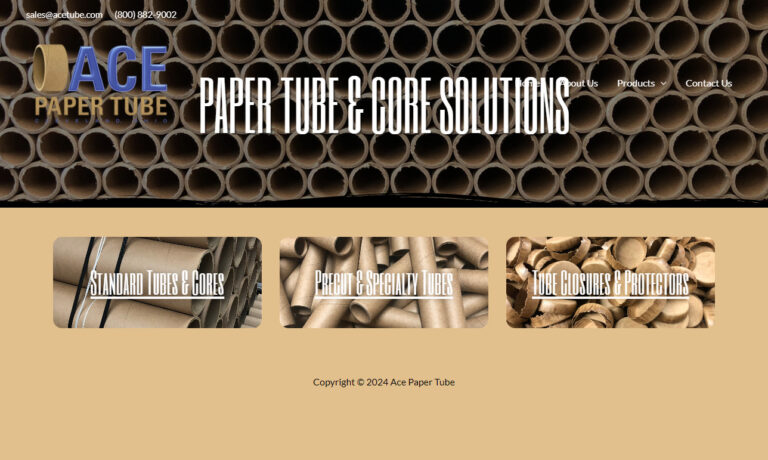
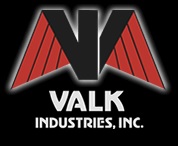
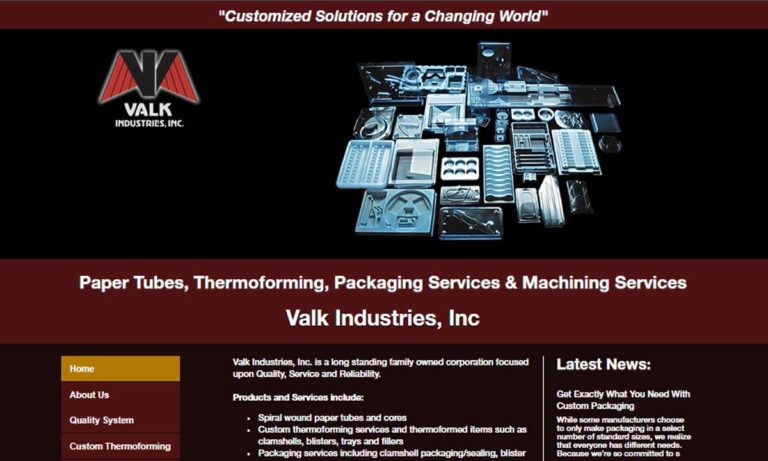

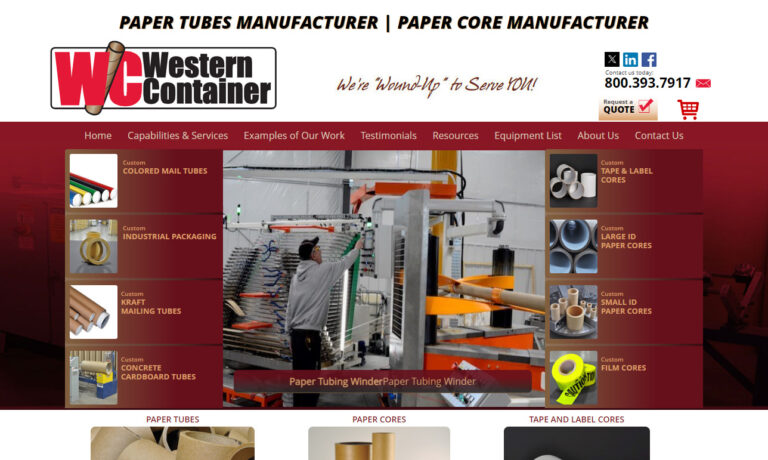

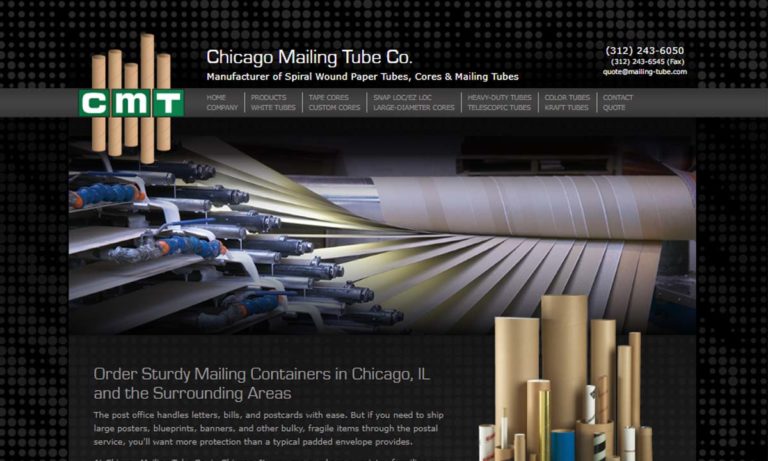

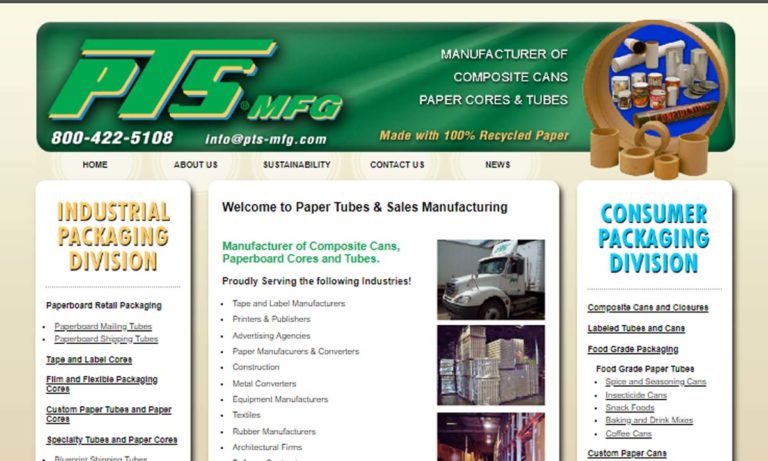

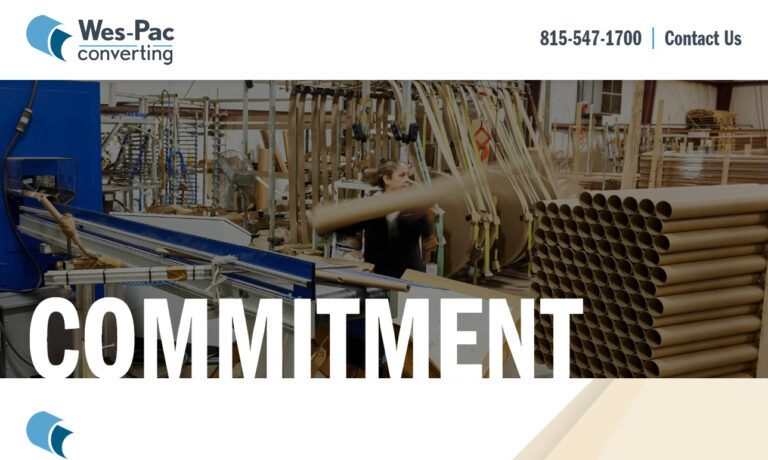
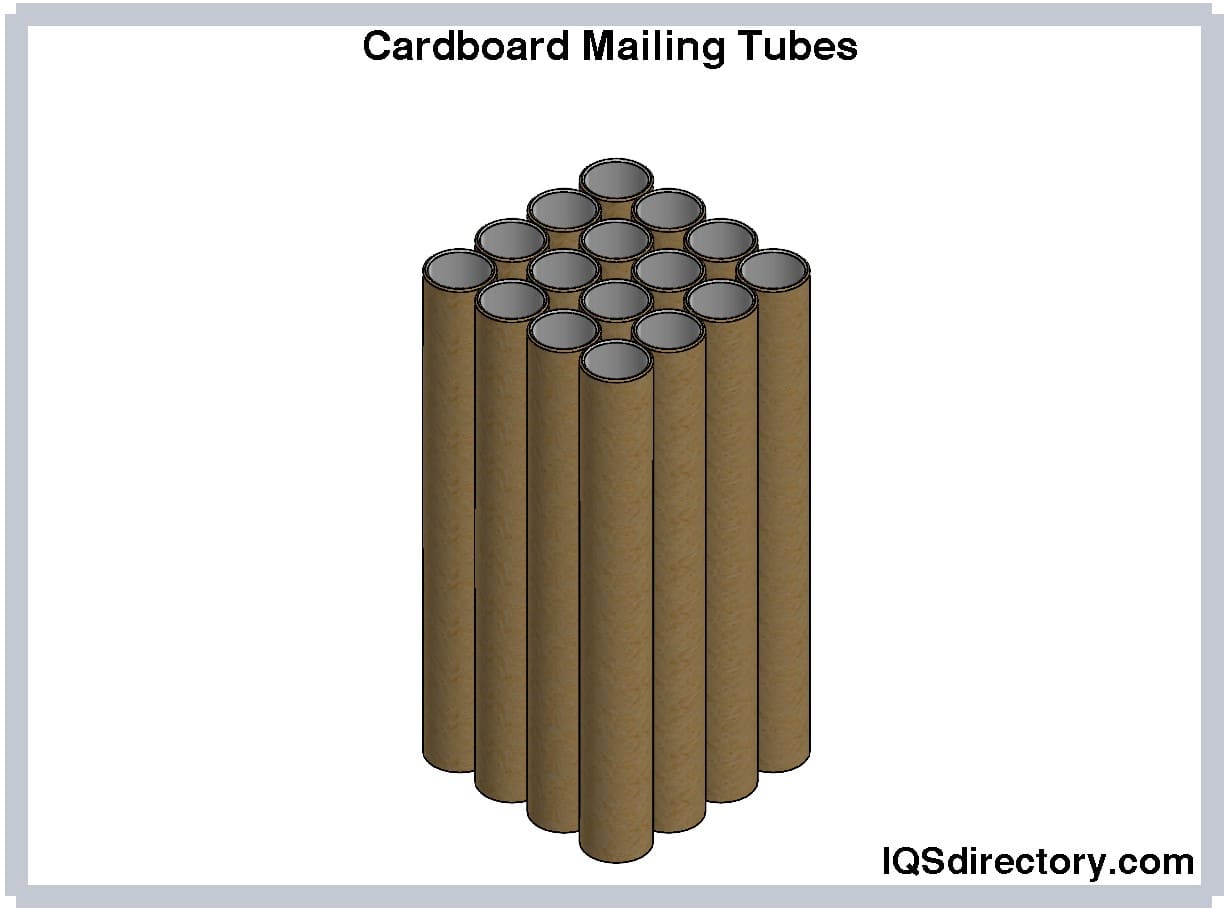
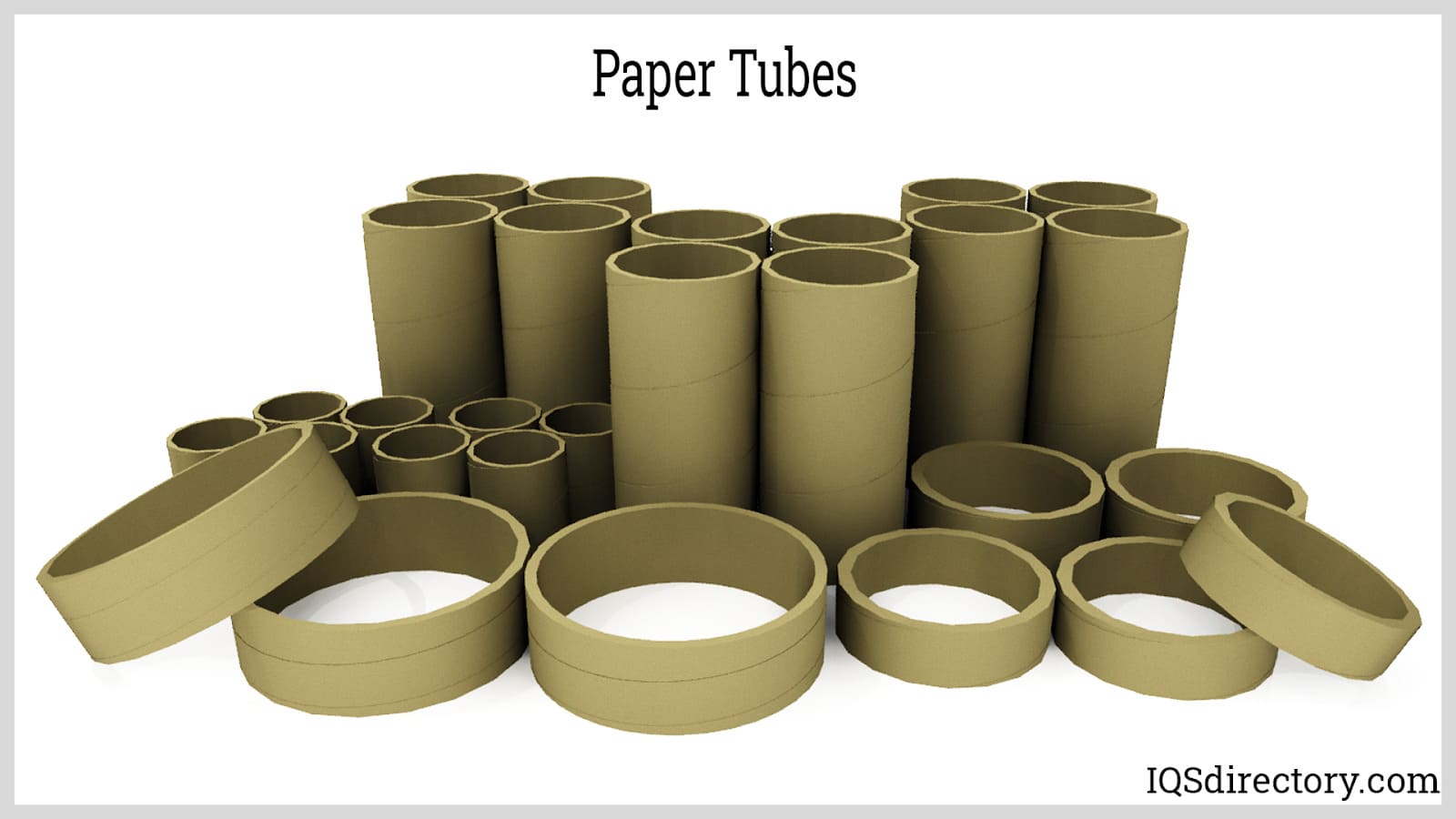
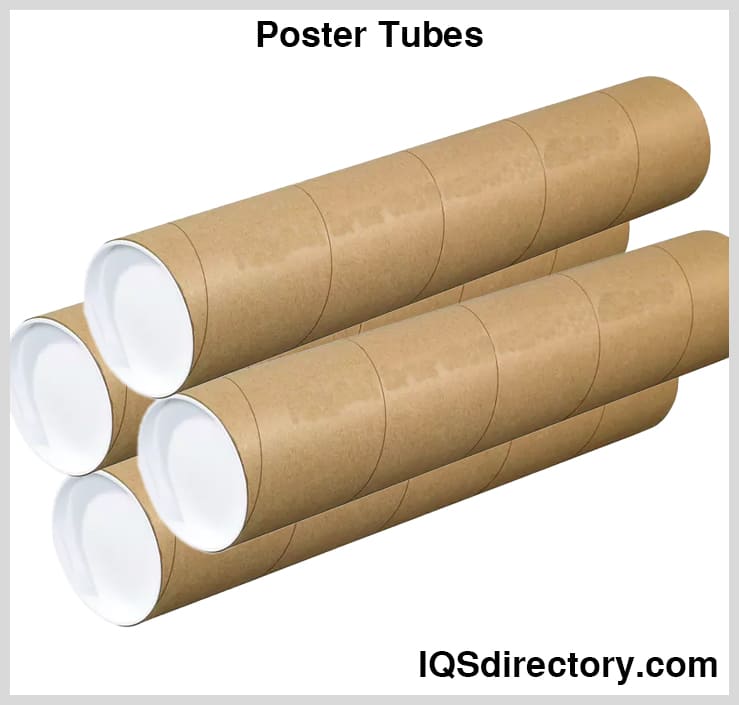
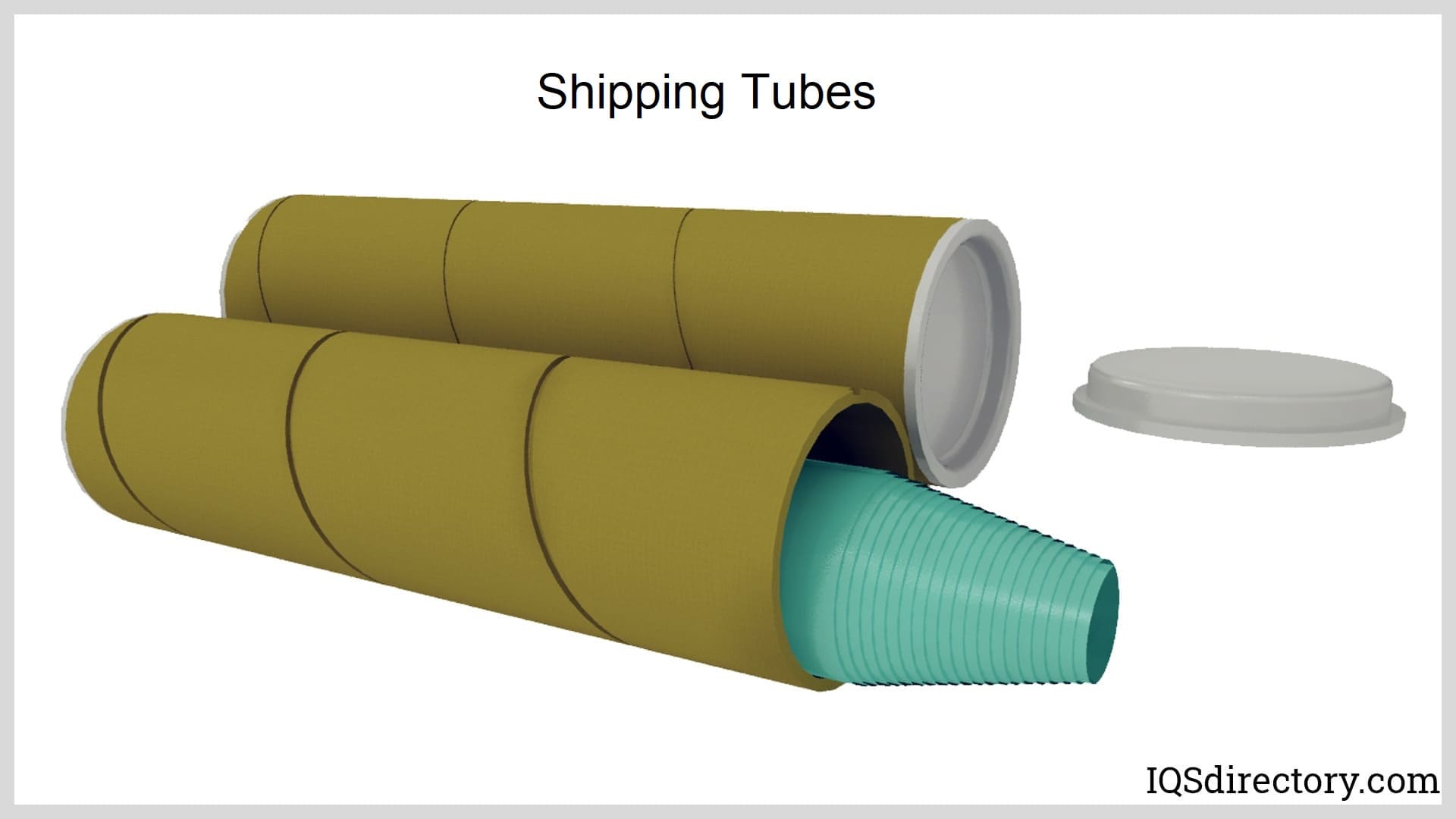
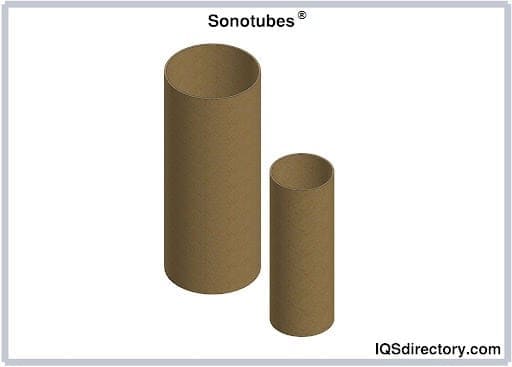
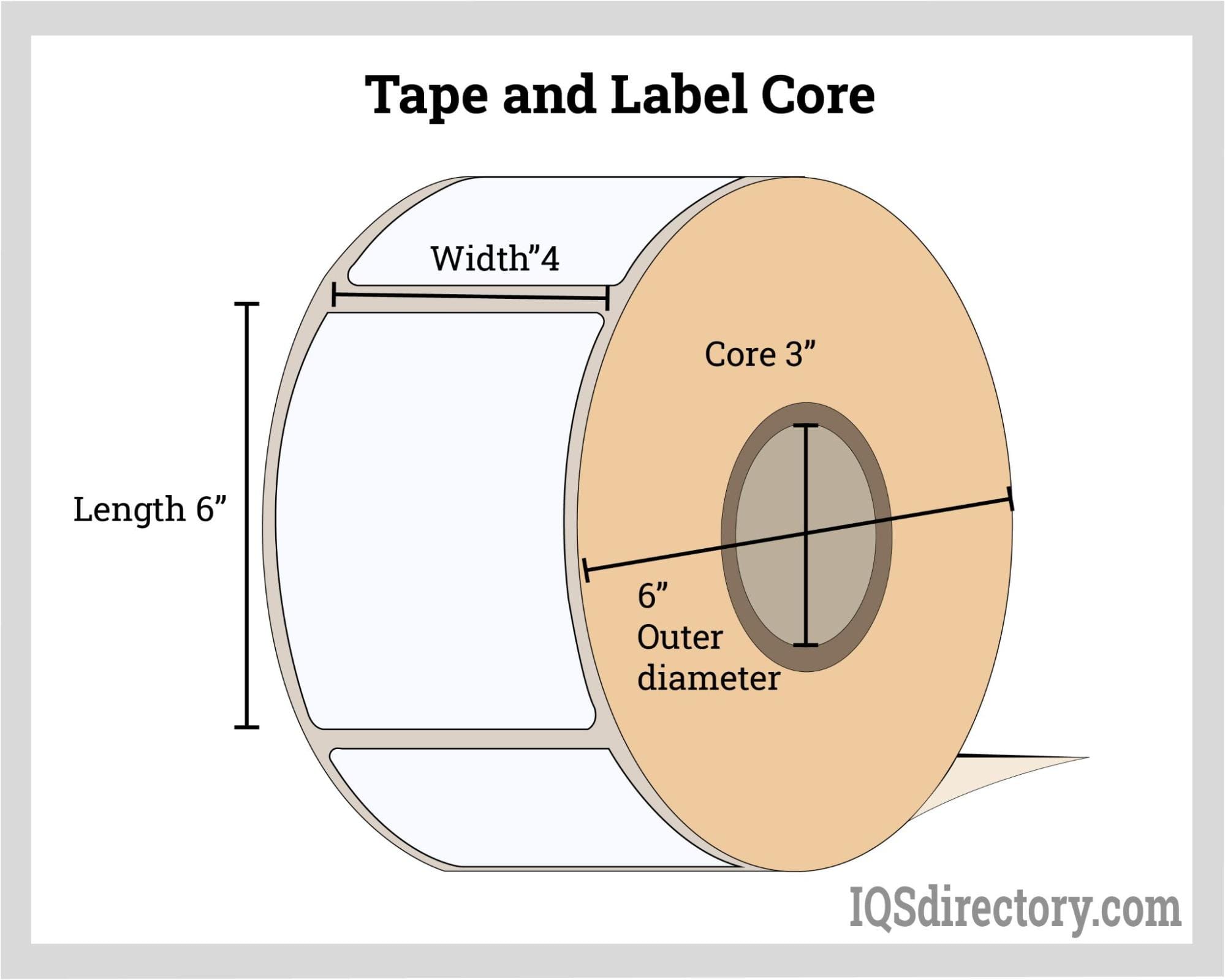
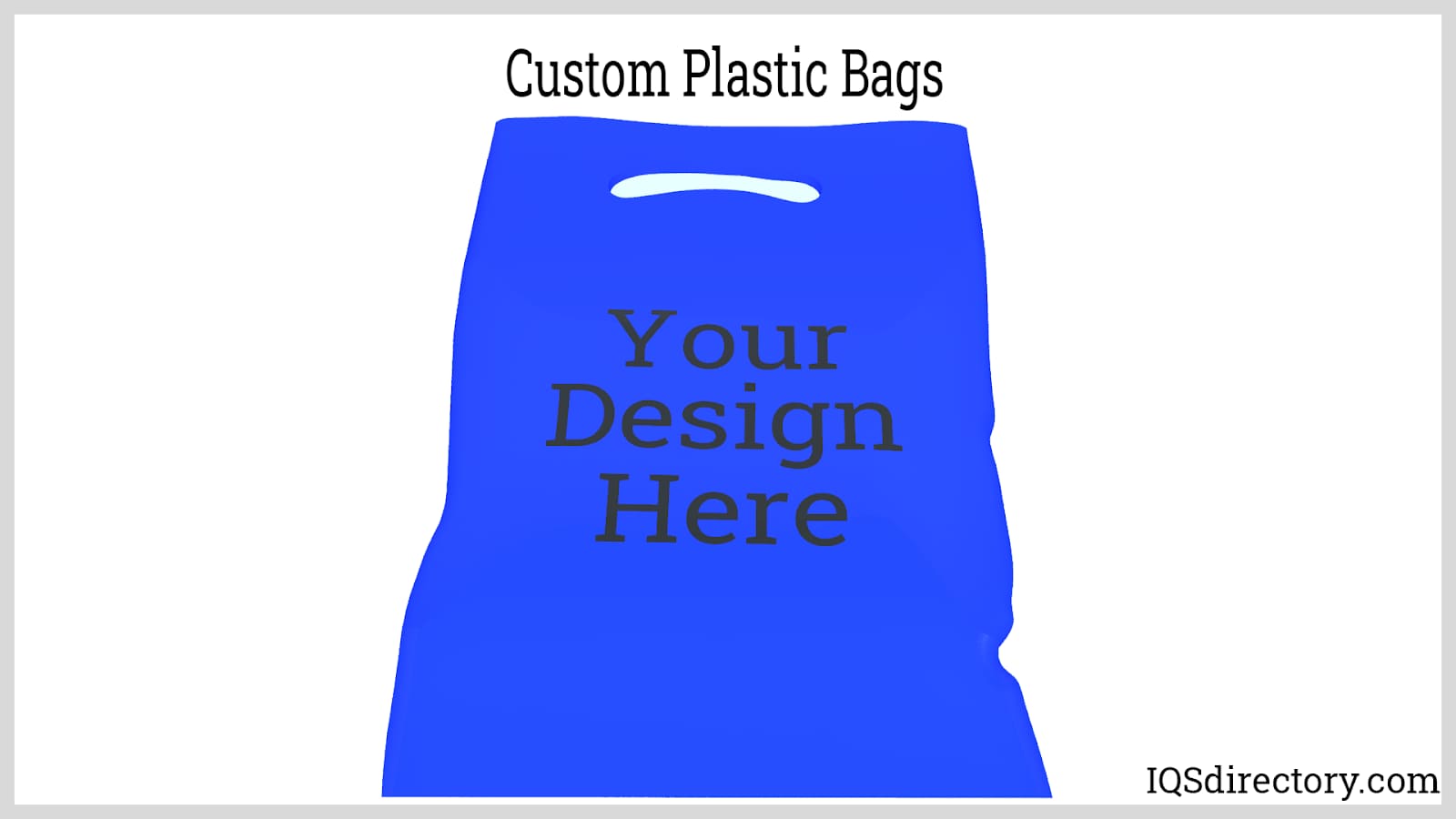
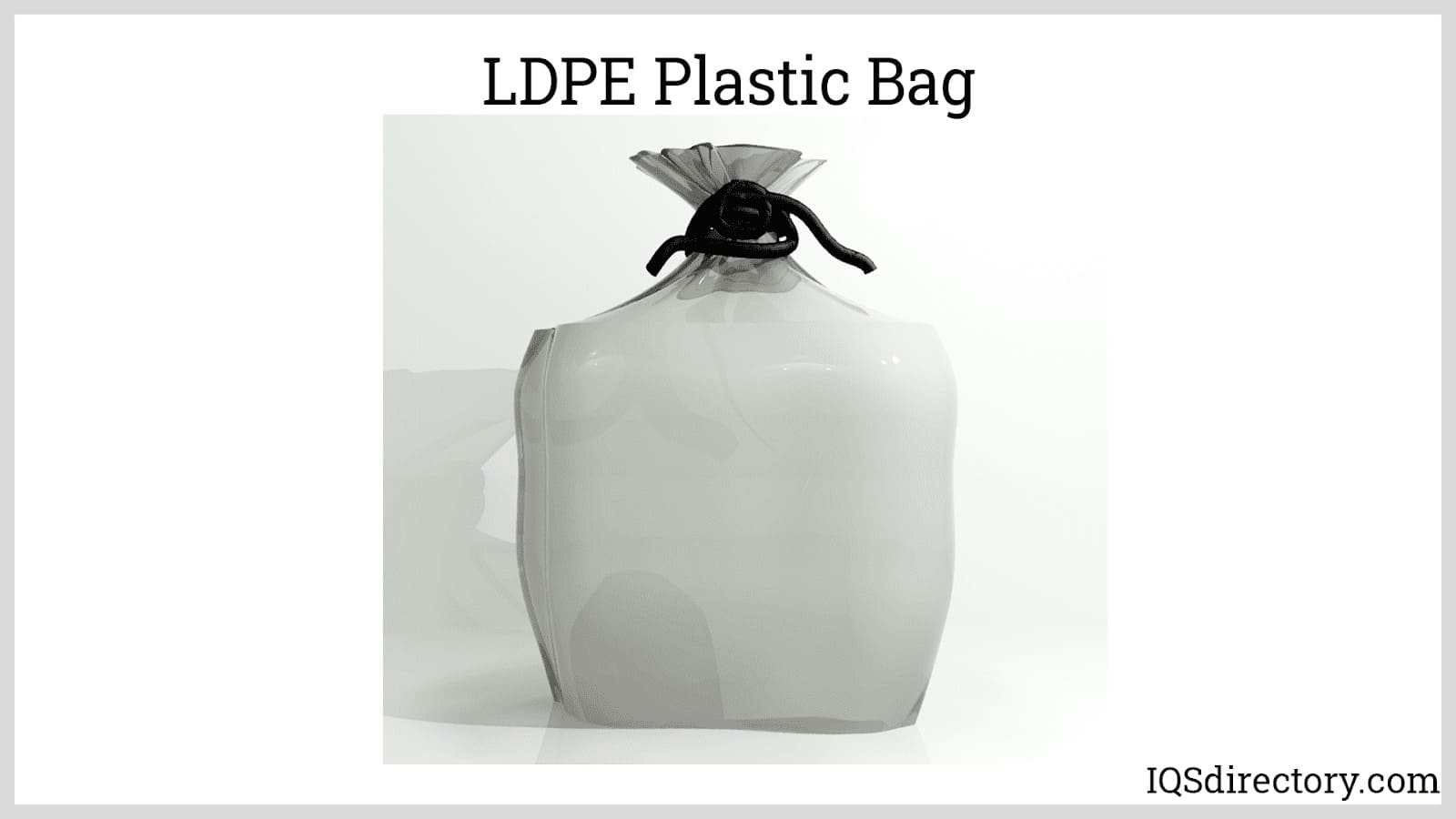
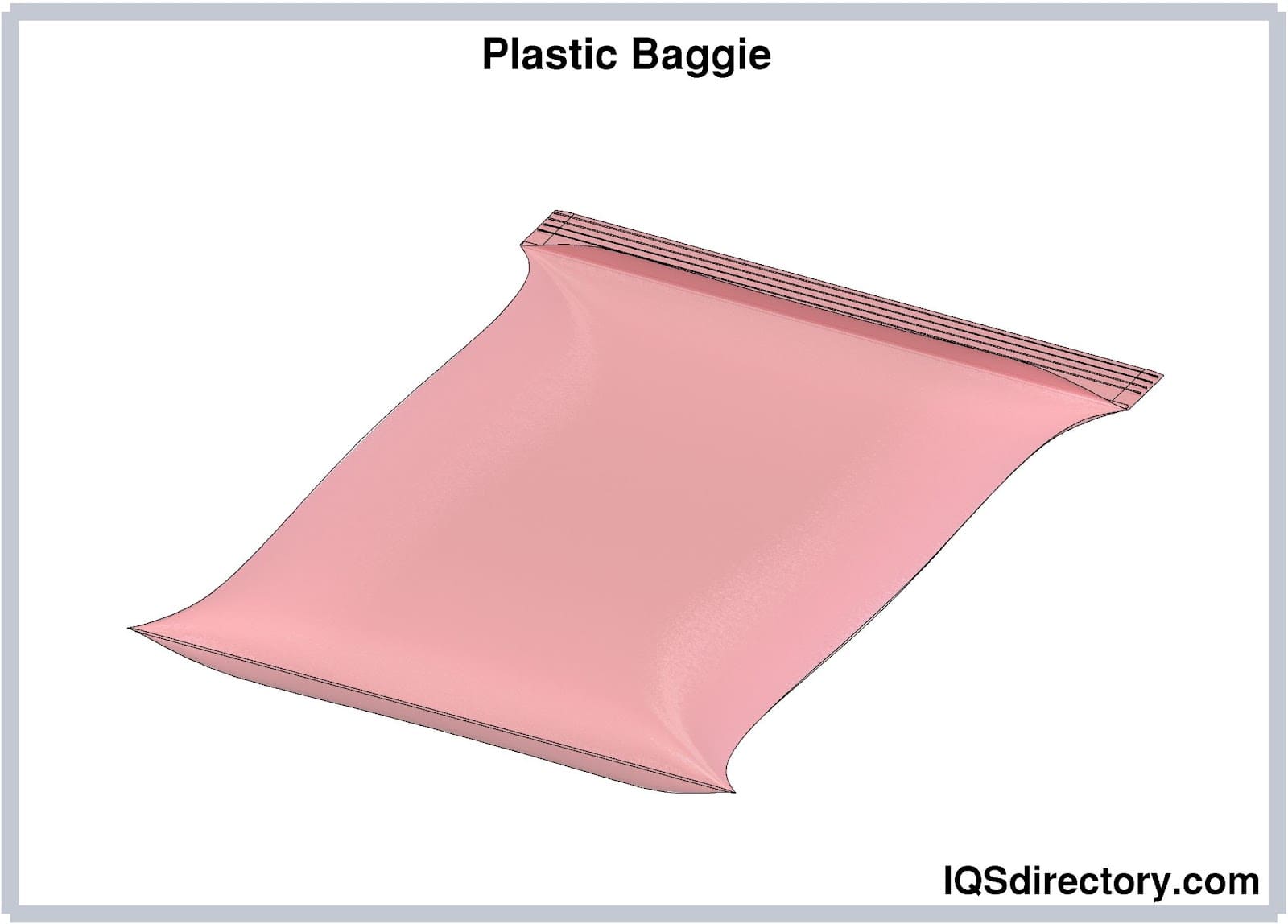
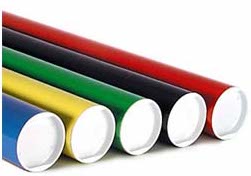 Cardboard Tubes
Cardboard Tubes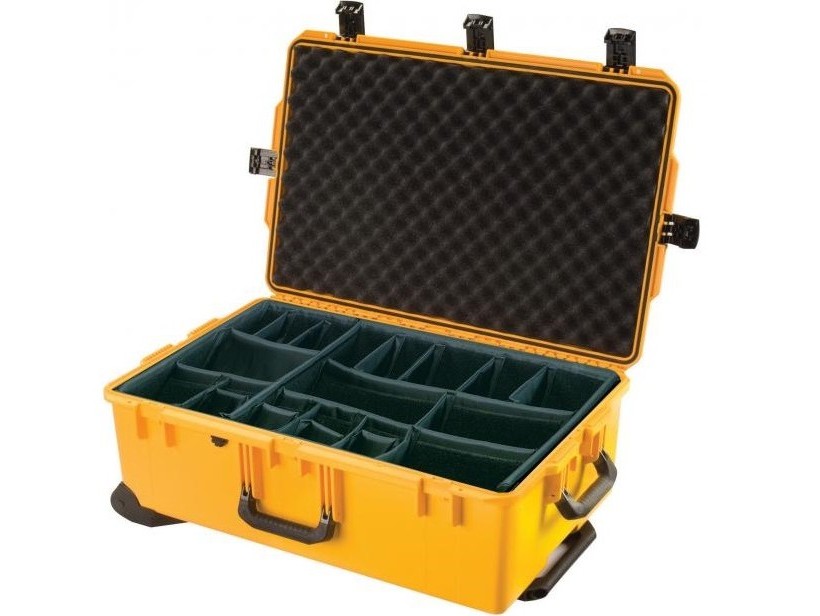 Carrying Cases
Carrying Cases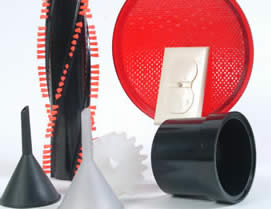 Contract Packaging
Contract Packaging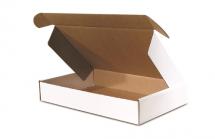 Corrugated Boxes
Corrugated Boxes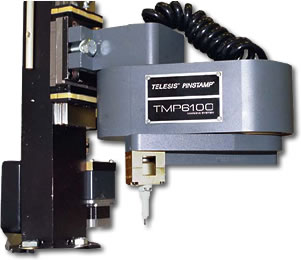 Dot Peening Machines
Dot Peening Machines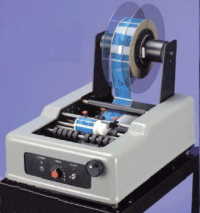 Labeling Machinery
Labeling Machinery Marking Machinery
Marking Machinery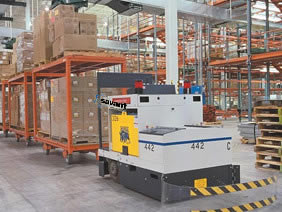 Packaging Equipment
Packaging Equipment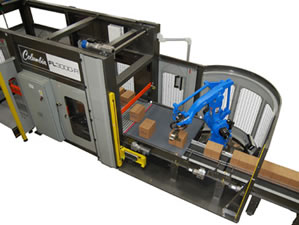 Palletizers
Palletizers Plastic Bags
Plastic Bags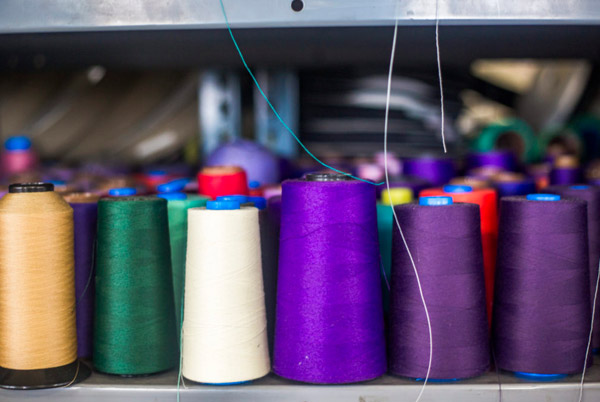 Sewing Contractors
Sewing Contractors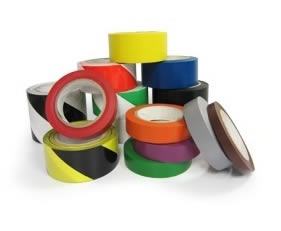 Tape Suppliers
Tape Suppliers Castings & Forgings
Castings & Forgings Bulk Material Handling
Bulk Material Handling Electrical & Electronic Components
Electrical & Electronic Components Flow Instrumentation
Flow Instrumentation Hardware
Hardware Material Handling Equipment
Material Handling Equipment Metal Cutting Services
Metal Cutting Services Metal Forming Services
Metal Forming Services Metal Suppliers
Metal Suppliers Motion Control Products
Motion Control Products Plant & Facility Equipment
Plant & Facility Equipment Plant & Facility Supplies
Plant & Facility Supplies Plastic Molding Processes
Plastic Molding Processes Pumps & Valves
Pumps & Valves Recycling Equipment
Recycling Equipment Rubber Products & Services
Rubber Products & Services